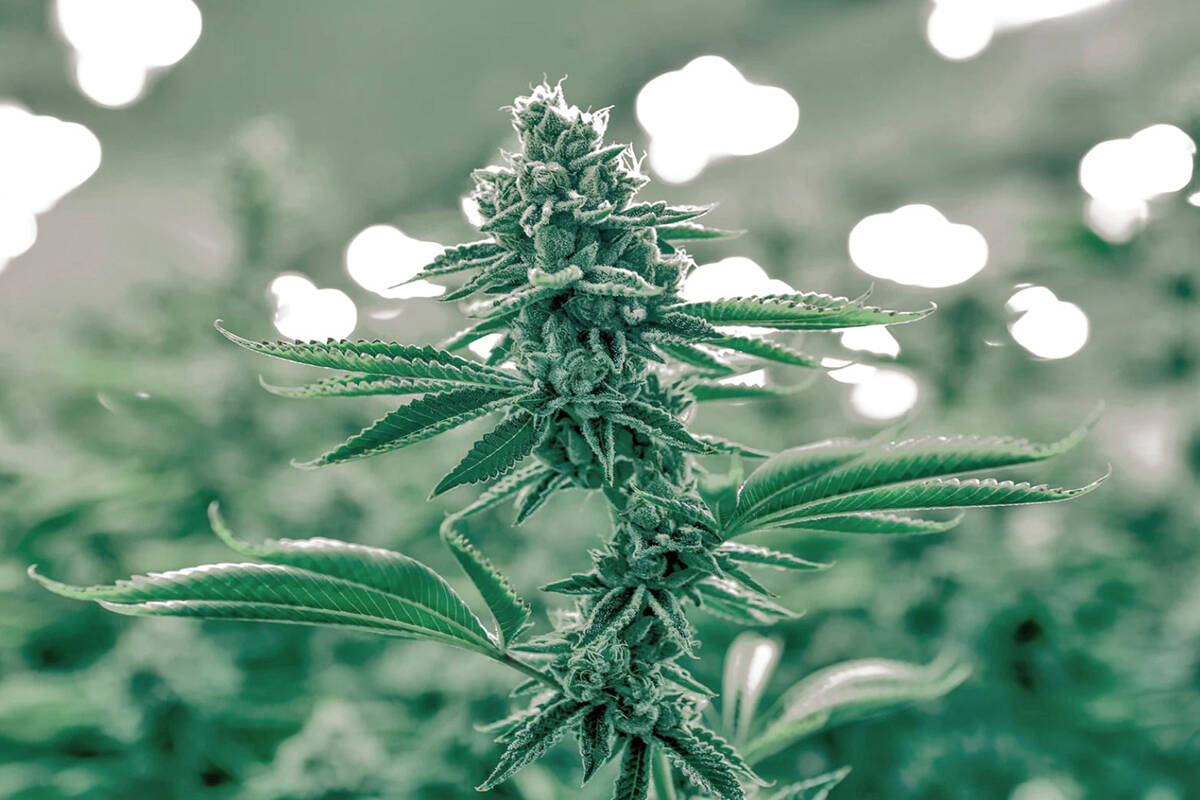The First Nations Leadership Council is calling for changes to the Cannabis Act.
In light of 4/20, a celebration of cannabis culture, the leadership council is calling for issues around jurisdiction, economic development, taxation, revenue sharing and health and safety for First Nations to be meaningfully addressed for communities to better access the benefits of legalization.
The First Nations Leadership Council is made up of political executives of the BC Assembly of First Nations, the First Nations Summit and the Union of BC Indian Chiefs.
Terry Teegee is the elected regional chief of the BCAFN, and he said a lot has happened in the last five years since legalization, including the implementation of the United Nations Declaration on the Rights of Indigenous Peoples, which is part of the province’s framework for reconciliation.
The leadership council wants the provincial and federal governments to align the cannabis legal framework with the United Nations Declaration on the Rights of Indigenous Peoples and “support First Nations fulsome participation in the cannabis economy,” reads a release.
“First Nations have inherent rights and jurisdiction to govern the cultivation, processing, sale, and consumption of cannabis in their territories.” But despite “persistent advocacy, First Nations distinct rights and unique needs were ignored by colonial governments during the legalization of cannabis.”
“While 4/20 is a time of celebrating progress and liberty for many, the lack of viable pathways forward on these issues has created barriers for First Nations communities to access the benefits of legalization and has caused additional challenges for ensuring community health and safety,” the release notes.
Teegee said taxation and revenue sharing in B.C. hasn’t been fully explored or negotiated.
First Nations that do have cannabis stores in their communities “still have to pay percentage of provincial tax despite the fact that they’re on reserve.”
He added there also isn’t discussions on what the tax money is being used for.
“It could be better utilized within the communities for awareness campaigns about cannabis and any number of social issues that potentially could arise from the use of cannabis, especially recreational use.”
READ MORE: Indigenous producer takes title partnership for B.C. Cannabis Summit
Teegee said there’s also an opportunity for revenue sharing, similar to what’s utilized in the gaming revenue sharing in B.C. The province’s Community Gaming Grants program distributes $140 million annually to not-for-profit organizations from commercial gambling revenues.
Since legalization, there have already been amendements to the Cannabis Act, and Teegee notes these are changes that need to be fully explored and negotiated.
To get the week’s latest must-read stories from the cannabis world direct to your inbox, sign up for our weekly newsletter at canadianevergreen.com. You can also follow us on Facebook, Instagram and Twitter.

